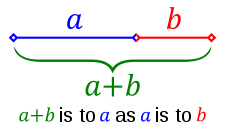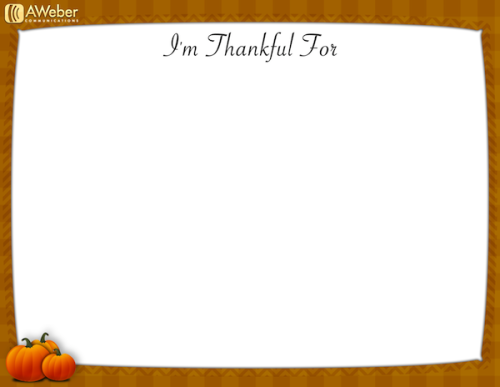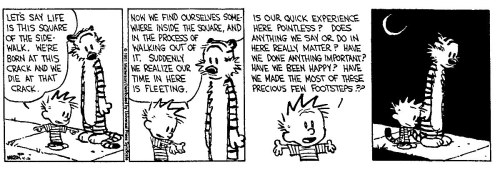The scenario is you go into your doctor to get a scrape on your knee looked at, cleaned and bandaged. The nurse sees you and sends you on your way. Your visit is over. The doctor's office submits a bill to the insurance company, gets paid for the procedure and care under the nurse's ID and everybody's happy. Perhaps.
What if the nurse probes further into how you scraped your knee (assuming a simple fall)? Maybe you tell her you've been having back problems lately or haven't been getting much sleep at night. Maybe you offhandedly mention an ear infection or she smells a hint of alcohol on your breath. There's a multitude of possibilities. The above could result in a referral to the orthopedist, a sleep specialist, an ears/nose/throat doc (ENT), or a social worker, respectively.
The way care is delivered right now though is very incidental. Patients are rarely looked at from a holistic sense of "what else is going on in their lives?" A lot of it has to do with how doctors are paid (fee for service) and the
medical home model is one effort to correct that by getting insurance companies to pay additionally for coordination of care. This is what PCPs have been doing pro bono till now. Paying for a central model though builds in many other benefits:
- Pooled resources
- Central point of contact
- Change in perception
- Enhanced communication
- Better monitoring
- Standardized Best Practices
I'm a big fan of the shift in thought processes around care, incorporating both allopathic and holistic approaches and figuring out what works long-term as opposed to what gets the patient out the door. Other externalities that will emerge with this and other similar models are support services becoming involved, increased patient education and advocacy and assistance on the financial end. Its a mission statement that a whole lot of parties can converge around. A scraped knee is not always what it seems. Health and well-being has many layers. Exposing them is the first step to making them work for the person, not necessarily the patient.







